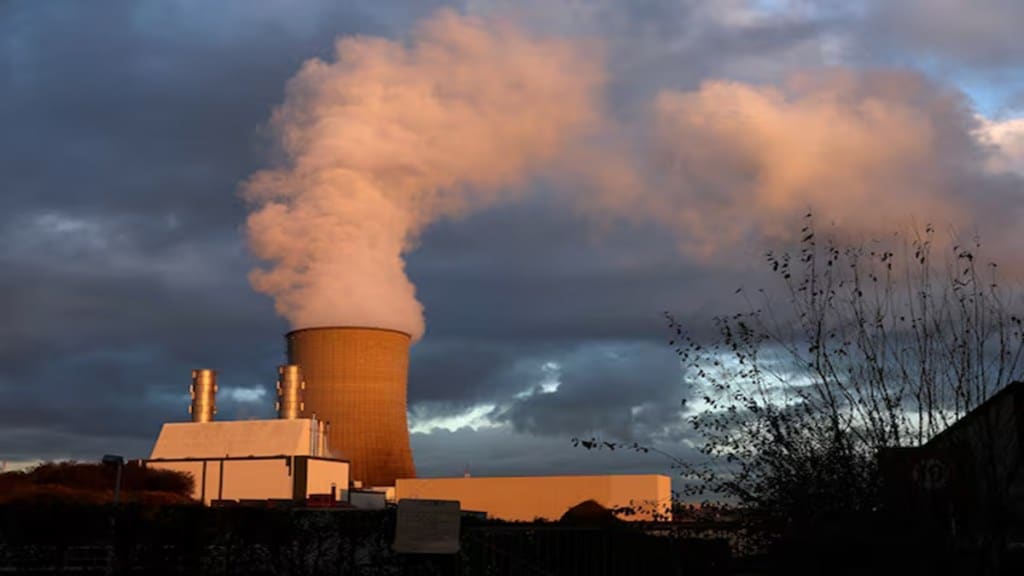The text of the just-concluded Free Trade Agreement (FTA) with the UK is silent on whether the duty reliefs – zero tariff for 99% of product lines – for India will be stymied by the carbon tax to be introduced by London from 2027. Though the FTA has no escape clause on the UK’s Carbon Border Adjustment Mechanism (CBAM), officials say India has reserved its right to retaliate to any additional tax that is imposed.
The UK CBAM will place a carbon price on some of the most emission-intensive industrial goods imported into the UK like aluminium, cement, ceramics, fertiliser, glass, hydrogen and iron and steel sectors. Like the European Union’s (EU) CBAM tax, the UK impost will also be on emissions beyond a threshold during the production process of these goods.
“Because of current uncertainty and no legislation (on CBAM) in place, there is an understanding that India will/ has preserved its right to retaliate or rebalance the concessions (in future),” an official said.
On Tuesday, Commerce and Industry Minister Piyush Goyal had also warned of retaliation if the EU goes ahead with carbon tax. With the EU also the negotiations on FTA are in advanced stages and will be completed by end of this year. The EU’s carbon tax will be implemented from January 2026. To the UK also the same message has been conveyed, another official said.
Once CBAM is launched, the UK products will continue to enter India at zero duties but Indian products may pay 20-35% tariff equivalent as CBAM charges, trade policy think tank Global Trade Research Initiative (GTRI) said.
India’s exports worth $ 775 million to the UK may be impacted due to Britain’s decision to introduce carbon tax on products such as iron and steel, aluminium, fertiliser and cement, from 2027, according to the think tank.
In the FTA, the UK has agreed to allow 99% of India’s exports to enter the country duty-free. In return India has agreed to reduce duties of 90% of the tariff lines over time. It has also agreed to offer concessions on automobiles and whiskey and gin.


